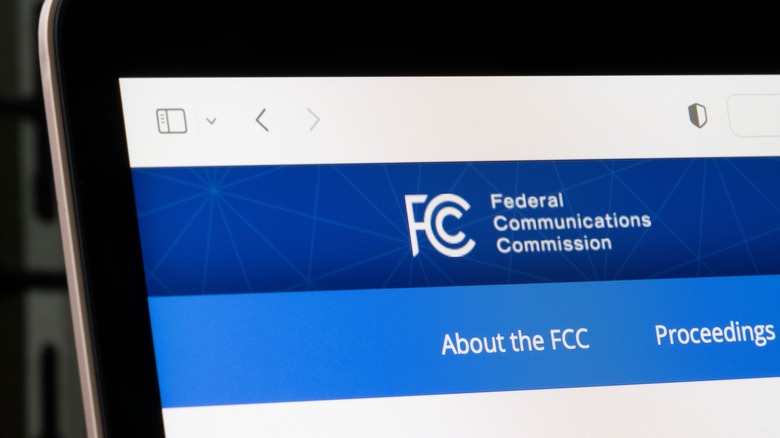You're About To Get Far Fewer Warranty Scam Calls
Even if your vehicle's (non-existent) extended warranty is expiring, you may soon be free from being reminded about it by a robot on a telephone the whole day long. The Federal Communications Commission (FCC) is clamping down on annoying robocalls after finally becoming aware that they are amongst the most irritating annoyances a human being can encounter on a regular basis. The FCC says it has received more complaints about auto warranty scam calls than anything else over the past two years.
In a statement, FCC Chairwoman Jessica Rosenworcel emphasized her organization's commitment to ending the menacing communications. She said: "We are not going to tolerate robocall scammers or those that help make their scams possible. Consumers are out of patience, and I'm right there with them."
The persistent calls often claim your car's extended warranty is expiring and suggest urgent action has to be taken to protect your vehicle. Although the generic robotic voice, coupled with an awareness of the scam, makes most people question the legitimacy of the calls and hang up, some people still fall victim to the scam. Robocallers can use details like a person's address or vehicle type in an attempt to make the call seem legitimate. Instead of being a major annoyance, as the calls are to most people, more vulnerable victims can find themselves financially impacted by the scam calls.
Phone companies are being forced to cut out robocalls
Service providers are now being ordered to block the companies responsible for robocall scams. The FCC has identified several organizations including "Roy Cox, Jr. Aaron Michael Jones, their Sumco Panama companies, and international associates" as being responsible for the nuisance calls. Officials claim that the companies have targeted American consumers with over eight billion scam calls since 2018, and removing their access to U.S. phone networks will bring about a significant reduction in phone scams. In addition to this recent enforcement action, the organizations are also subject to an ongoing FCC investigation, and a lawsuit filed by the Ohio Attorney General.
If service providers fail to block the calls completely, they must regularly report their actions to mitigate the problem to the FCC. Acting FCC Enforcement Bureau Chief Loyaan A. Egal has made it clear that the commission's enforcement arm will be checking in to make sure phone companies are complying with the order. "Now that U.S. voice service providers know the individuals and entities associated with this scheme," said Egal, "the Enforcement Bureau will closely monitor voice service providers' compliance with this order and take appropriate enforcement action as necessary."
A Robocall Response Team was also created to combat the calls and has already resulted in record fines, the closure of international gateways the callers use, and an uptick in the implementation of caller ID. The team consists of a cross-agency group of enforcers, attorneys, policymakers, engineers, economists, and outreach experts. A total of 41 U.S. states, along with the District of Columbia and Guam have signed up for what the FCC calls "robocall investigation partnerships."

